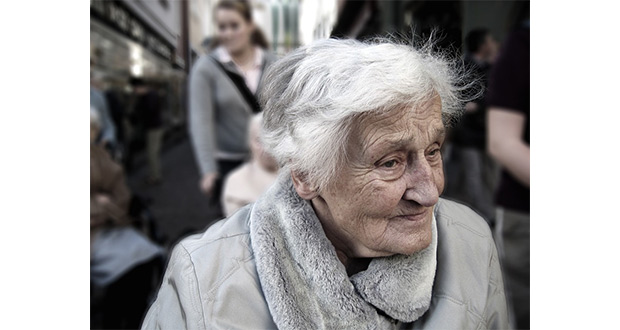Parkinson’s Audit Reveals Improvements In Elderly Care And Neurology, But More Still Needed
 The results of the 2017 UK Parkinson’s Audit, the largest dataset obtained to date about the quality of care provided to people with Parkinson’s across the UK, have now been released.
The results of the 2017 UK Parkinson’s Audit, the largest dataset obtained to date about the quality of care provided to people with Parkinson’s across the UK, have now been released.
Developed to address the concerns of professionals, patients and their representatives, the UK wide clinical audit assesses the quality of care provided to people with Parkinson’s, across a range of clinical areas and against national guidelines.
The 2017 Audit reports on the care provided to 9,480 people living with Parkinson’s, the biggest sample size since it began in 2010.
Positively for Elderly Care and Neurology, where 138 and 121 services took part respectively, the Audit found there have been improvements since the previous audit in 2015 including:
- Timely specialist reviews – 98.1 per cent of patients audited in Elderly Care and Neurology services had received a specialist review in the preceding 12 months
- Increased patient access to a specialist Parkinson’s nurse – 96.1 per cent compared to 94.1 per cent in 2015
- Advice about potential side effects of new medication, 86.2 per cent of patients received advice compared to 83.3 per cent in 2015
- Signposting to Parkinson’s UK has increased and now stands at 77 per cent
However, the Audit has also identified areas where improvements are still needed, including:
- A multi-disciplinary approach to working – 27.8 per cent of clinics operate as a “Doctor alone” clinic
- In over 20 per cent of services, not all clinicians have attended specific movement disorder continuing professional development in the last 12 months
- Almost a fifth of patients on dopamine agonists (19.3 per cent) appear to have received no advice about potential compulsive behaviours related to their medication
- In patients with markers of advanced Parkinson’s, just over a third (36.8%) had discussions regarding end-of-life issues recorded
Other common themes for improvement across all areas of Parkinson’s care were the need for more standardised practises, communication and information sharing, medicines management and anticipatory care planning.
Dr. Anne-Louise Cunnington, Audit Clinical Lead and lead for elderly care in the UK Parkinson’s Excellence Network, said:
“It has been fantastic to see how elderly care and neurology has stepped up to make the improvements that were recommended as part of the 2015 audit. We have seen many areas of excellent and improved practice, and I am certain that people with Parkinson’s are receiving a better service as a result.
“However, there are still gaps and areas that need to be addressed. It is key that services are joined up and that people with Parkinson’s are receiving the information they need at the different stages of the condition. We are committed to driving forward the changes that are needed to get the best outcome for everyone living with Parkinson’s across the UK.”
The Audit is coordinated by the UK Parkinson’s Excellence Network, a collaboration between health and social care professionals and Parkinson’s UK, underpinned by the voice of people affected by Parkinson’s.
As the driving force for improving Parkinson’s care, the UK Parkinson’s Excellence Network will play a key role in connecting and equipping professionals to implement the changes identified by the Audit.
To see the full 2017 UK Parkinson’s Audit results and to register for the next audit visit parkinsons.org.uk/audit or contact kdavis@parkinsons.org.uk






